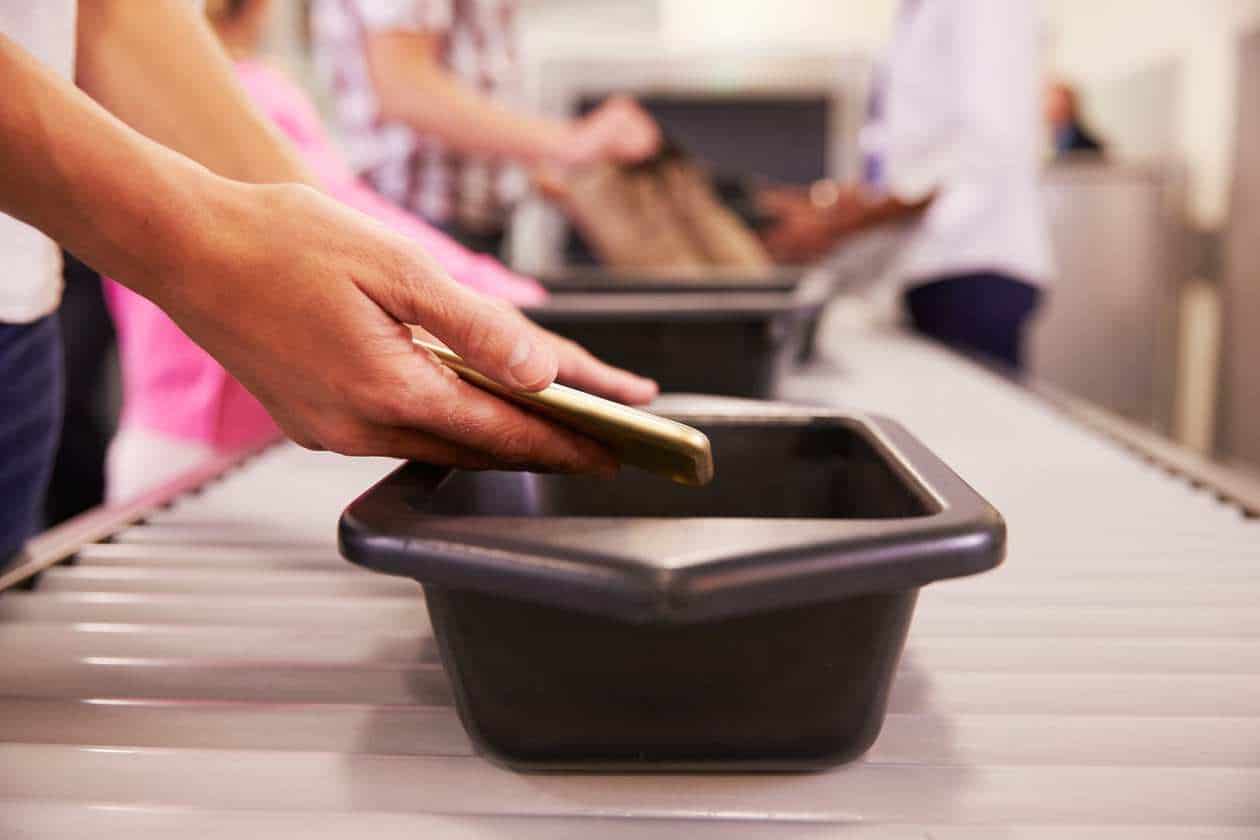Traveling the world has never been easier.
In your back pocket you have access to all the information you could possibly need regarding flights, hotels, taxis and restaurants. Previously you would have left your technology at home when you traveled — perhaps just taking a camera to capture memorable moments — but now, technology takes pride of place on our packing lists.
When traveling, what you normally need is your phone, charging cable, a portable charger, your tablet to watch movies, your laptop in case work emails come in, and your digital camera to get those really good Instagram shots. These are all important packing items, each of which has its own case or bag so that it doesn’t get damaged. Everyone seems to be very careful about the physical damage that could befall their possessions, but they seem to be a bit more lax about the damage that could happen if you fail to protect the data on your devices.
How often have you logged onto an open Wi-Fi because you didn’t want to pay for the hotel one? Or jumped on a public Wi-Fi because you didn’t have enough data left? Public Wi-Fi is notorious for attracting hackers who can slip into your computer and steal account information and passwords.
If you follow these easy steps, you’ll be able to keep your data safe on your travels:
- Change Your Passwords
Before you go, and after you come back, change the passwords on the accounts you use when you travel. Don’t use the same password for every account and make sure they are a mix of letters, numbers and symbols and that they are a minimum of 9 characters.
- Back Up Your Data
Your technology can start to wear as it’s being pushed and pulled in and out of bags and pockets — you can even inflict some serious internal damage. Don’t wait until you get home to back up your data; should your technology fail on your travels, you will be forever grateful that you had it all saved. If you forget to back everything up and your technology is damaged to the point of data loss, companies such as Secure Data Recovery Services can help.
- Guard Your Sensitive Information
When using an open or unsecure Wi-Fi, it is good practice to stay off of applications or webpages that could give hackers direct access to any sensitive information. Banking is a prime example of this. To stay safe whilst online banking, it is vital that you trust the security of the network you are on.
- Set Up a VPN
A Virtual Private Network (VPN) is essentially a diversion. It routes all of the traffic from your computer through a private network even when you are on public Wi-Fi. By doing so it protects your data whilst still giving you the freedom of using a public connection.
There is no sure fire way to completely protect your technology whilst travelling, but by taking precautions you can protect your data. Also it is wise to remember that water and technology don’t mix well together: check your pockets before you go for a dip in the ocean.

